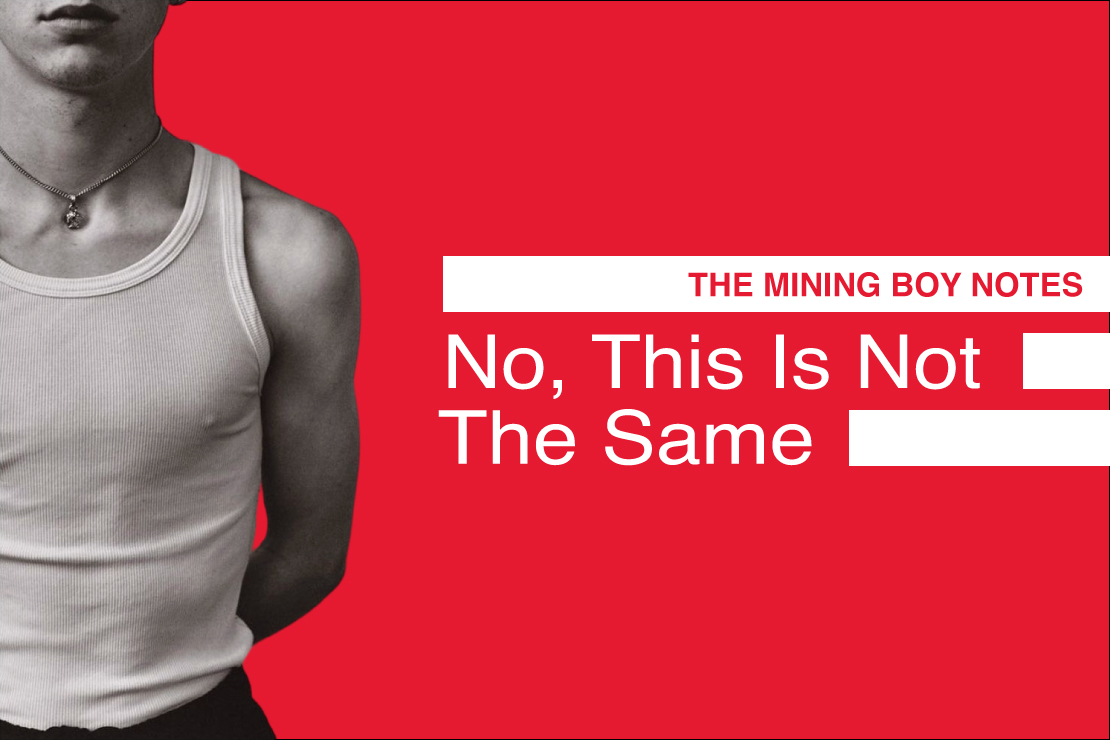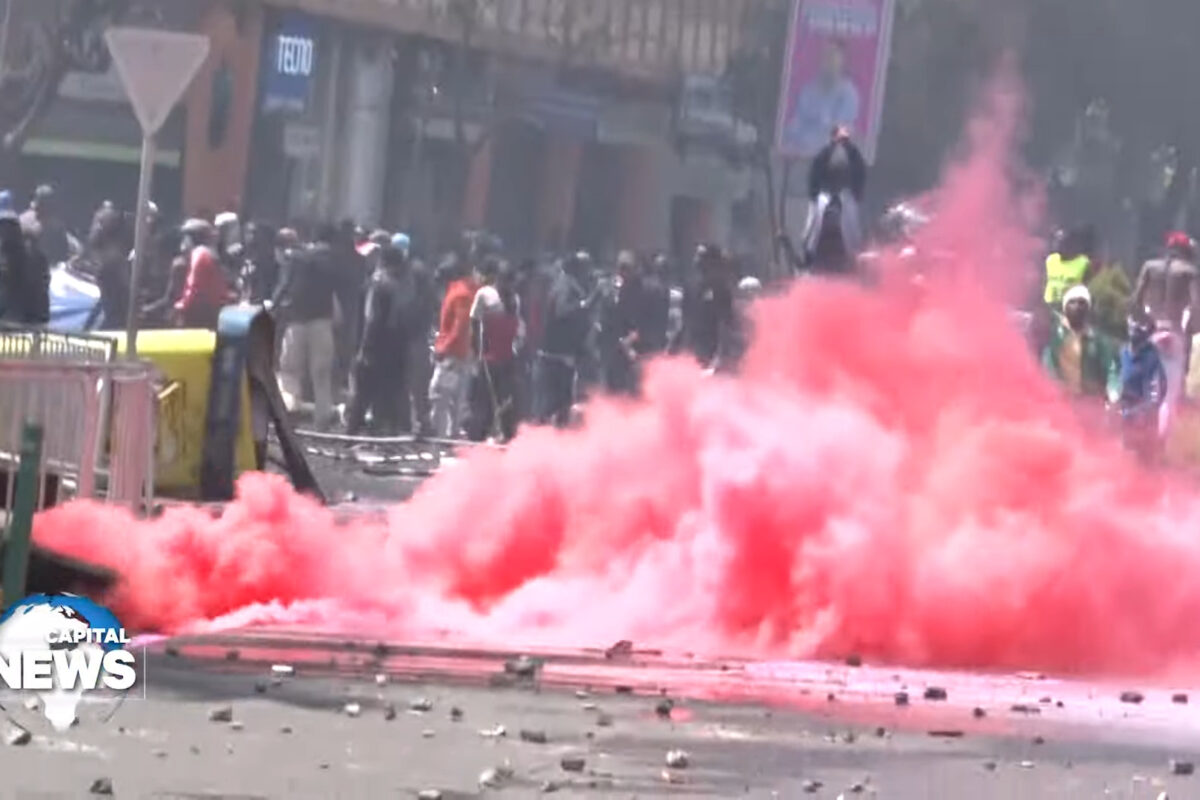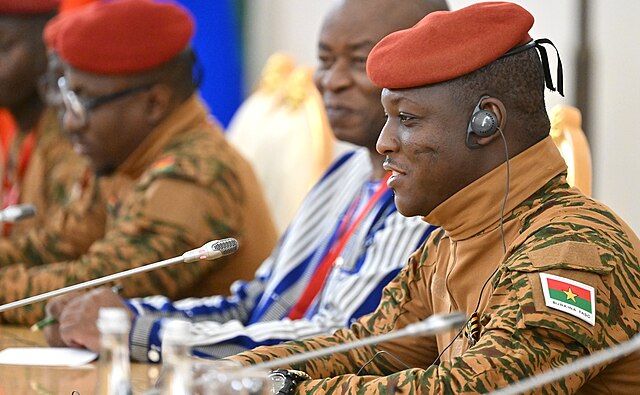This is a story about how another guy in Ukraine took his own life because of forced mobilization. But first, let’s talk about how the texts that bear such news come to be.
Depending on the font, one book page equals approximately 300 words. As a writer, I can write 6-7 pages of quality fiction in a day.
But it’s not that simple. Despite being from Ukraine, my native language is Russian. Since in both Russia and Ukraine I face imprisonment, I am forced to translate all my texts into English. Quality translation takes no less and sometimes even more time than writing the text itself.
After I’ve translated the text, I need to send it to the editor. The next step is collaborative work on the structure of what’s been written.
Only after that does a native speaker proofread the text and correct sentences that don’t sound natural. Then it’s necessary to reread the written text again to make sure that the improvements haven’t accidentally distorted the meaning of what was written.
So, the process looks like this: writing + translation + working with the editor + error correction + double-checking. This means that in order to write 6 pages of fiction, I will have to work with at least 30 pages.
Over the past one and a half years – approximately the time since I miraculously escaped from Ukraine – I have written 3 books. Damn it, 3 books! I’ve completed 3 translations. I’ve written a set of anti-war essays. On average, the length of one of my books is 80,000 words.
Now you can calculate how much time it would take on average to write 3 such books. But when calculating, don’t forget to add at least another half of the total time for interruptions in inspiration, which is crucial to writing.
Why did I decide to let you in on these calculations? The fact is that today, March 28, 2024, my friend sent me news – in Ukraine, a guy took a gun from a policeman and shot himself in the head. First, he was taken to the military registration and enlistment office. He was 32 years old. For the past year and a half I have been trying to convey to society that forced mobilization is a crime. It turns out that I do this extremely ineffectively.
Book business moves slow. I hope that by the end of 2024 or early 2025 the novel THE MINING BOYS, which I wrote at the end of 2022, will be published. This is according to the most optimistic forecasts. All the while, men who don’t want to take part in the war continue commit suicide in Ukraine. They are dying today. Right now, while you are reading this. This is a sacrifice that society, however, looks to have made peace with. A guy dies in Ukraine – is this what we call collateral damage?
Initially, my position was that any country should only have a contract army. The military is a profession like any other. Therefore, I believed that everyone should do what is in his power and, not least important, in his competence, to end the war. That’s why, as a writer, I sat down to write anti-war books and essays.
But the reality is that war takes lives faster than the book market publishes books. I concede the death of the guy who shot himself with a police officer’s gun as a personal failure. You need to understand that news about suicides in Ukraine due to forced mobilization is hidden. That’s why we can’t even imagine the scale of conscription-related suicide in both Russia and Ukraine.
While citizens of both countries prove to each other that their relations are no longer fraternal, their governments are quietly and methodically killing them. In context, 80,000 unpublished words look pathetic. Even if you multiply by 3 manuscripts and 3 translations. That’s the death math.
It is important not only to understand the problem, but also to be able to spread news about it. When war is on the table, it is important to understand that supporting a country and supporting its people are not always the same thing.
This piece is a part of a series, The Mining Boy Notes, published on Mondays and authored by Ilya Kharkow, a writer from Ukraine. For more information about Ilya, see his website. You can support his work by buying him a coffee.



